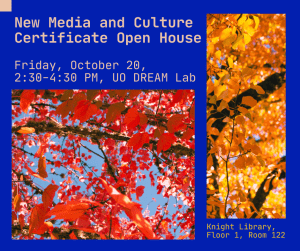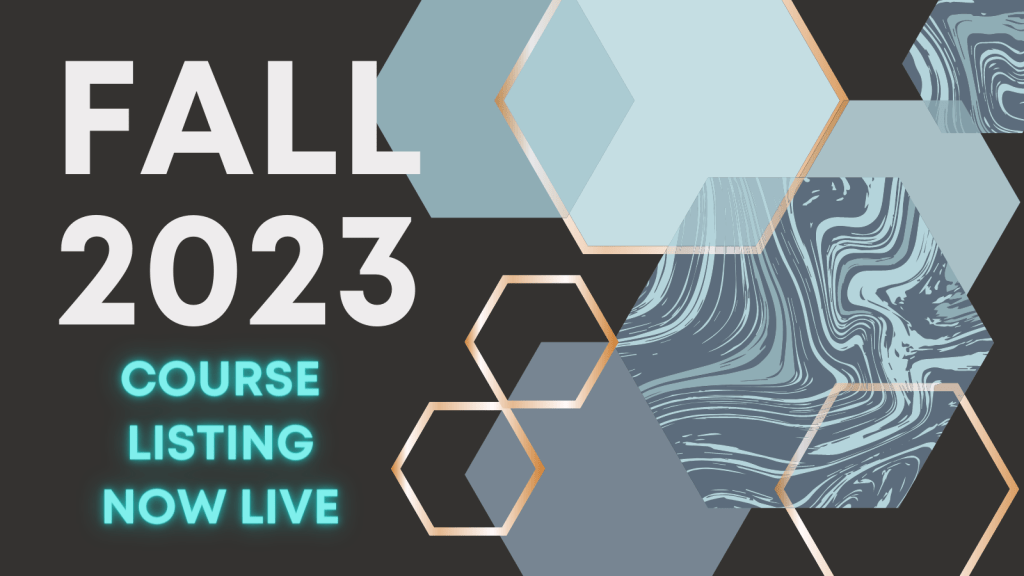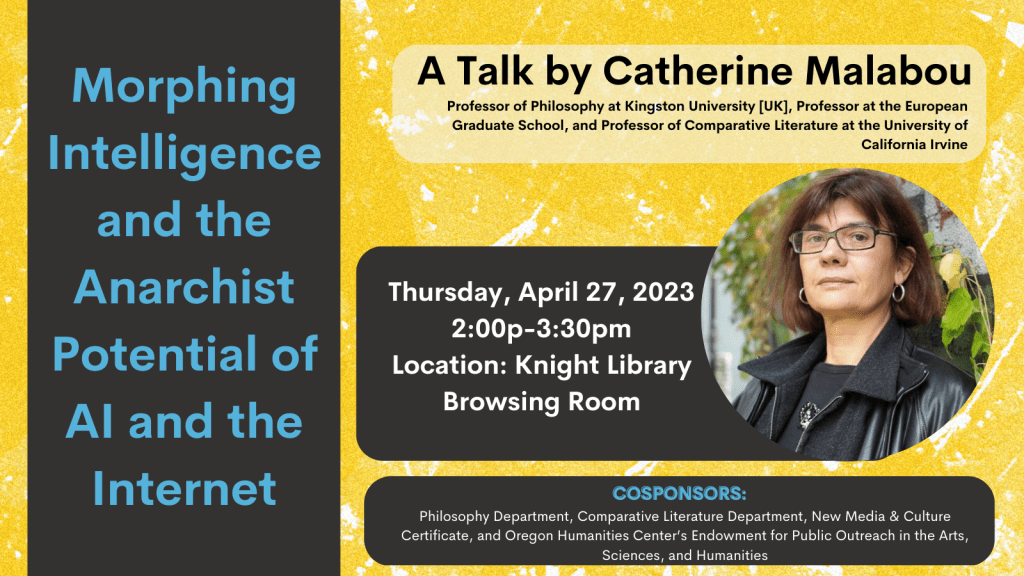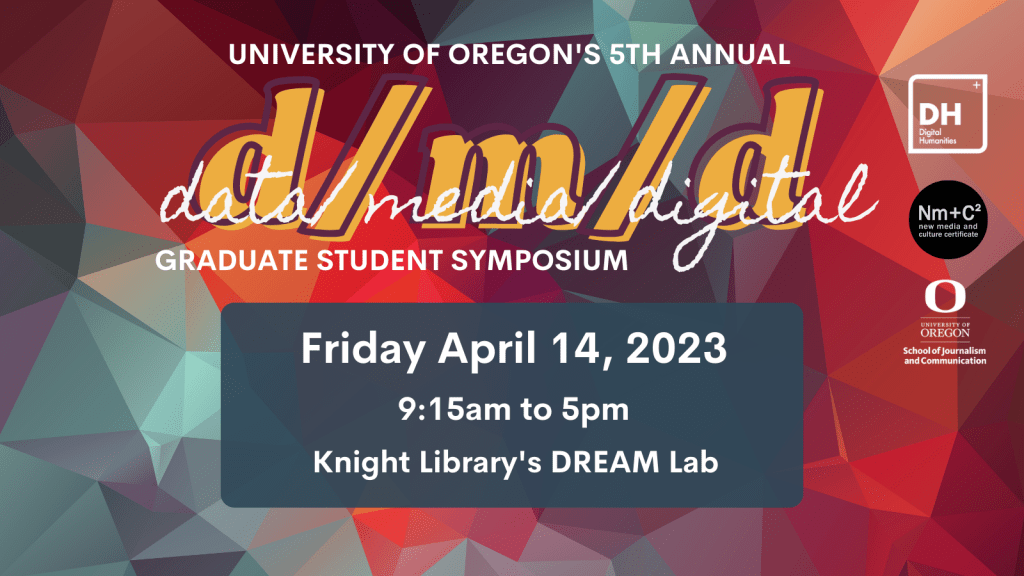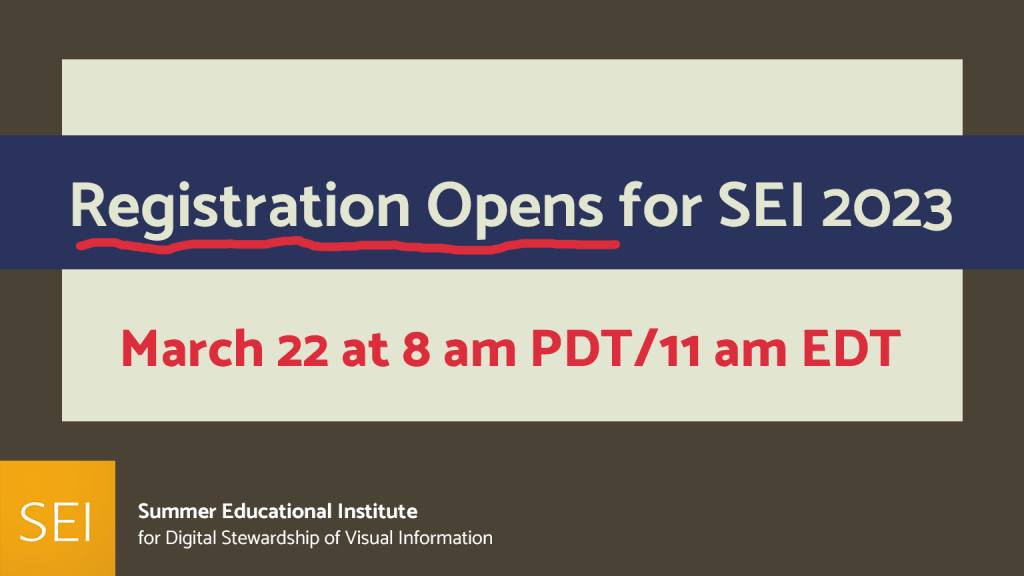Harvey Mudd College (Claremont, California) invites applications for the Hixon-Riggs Early Career Fellowship in Science and Technology Studies, beginning fall 2024. Applications are invited from artists and scholars working at the intersection of art and science, technology and society (STS).
Applicants’ methods can draw from fields in the humanities, social sciences, and the arts, including, but not limited to anthropology, art, design, environmental studies, gender studies, geography, history, literature, media studies, philosophy, political science, religious studies, and sociology. The successful candidate will have a PhD or MFA by the time of appointment, a strong and ongoing creative practice or research program, and the potential for excellence in teaching.
This 1 to 2-year early-career fellowship balances teaching and professional practice. The fellow will teach two undergraduate courses per academic year, and will be encouraged to take advantage of the resources available to support teaching development at the Claremont Colleges. Potential resources for artists include the Makerspace, numerous labs and shops, and the Media Art Project space.
While pursuing their own independent research/creative practice, we expect the fellow to act as a catalyst for conversations among faculty and students. The fellow will work with the Hixon-Riggs director to lead a faculty reading or art-viewing group in the first year, and to organize and host a workshop or conference in the second year.
The annual salary for the position is $85,000 and includes health benefits. In addition, the fellow will receive a professional allowance of $3000 per year to support travel and research/creative practice. Additional internal funding is possible. Second-year renewal is contingent upon successful performance in the first year.
Harvey Mudd College is a highly selective, academically challenging institution that offers majors in the sciences, mathematics, and engineering. Across departments, the college is committed to broadening participation in STEM fields.
This position, funded by the Hixon Riggs Program for Responsive Science and Engineering, is housed in the Department of Humanities, Social Sciences, and the Arts – an interdisciplinary department supporting the college’s liberal arts program. HMC’s membership in the Claremont Colleges consortium allows significant opportunities for collaboration with colleagues at the other Claremont Colleges and the Claremont Graduate University, especially in the Intercollegiate STS Program. Situated approximately 35 miles east of downtown Los Angeles, Claremont offers easy access to LA’s cultural scene. The 2024 fellowship is concurrent with the Southern-California-wide Getty-sponsored set of exhibitions, PST ART: Art & Science Collide.
Applications must be submitted to: https://academicjobsonline.org/ajo/jobs/25895. Preference will be given to applications received by Dec. 10, 2023. Applicants are asked to submit: a letter of application, a CV, a research/artist’s statement, sample work, a teaching portfolio including testimony of effective teaching and a statement of teaching philosophy, two sample syllabi for proposed courses, and three letters of recommendation. In these materials, we encourage applicants to explain how this position will advance their career goals, and to describe how a commitment to diversity and inclusion shapes their professional work. We expect to complete Zoom interviews by Jan. 28, 2024.
Harvey Mudd College enthusiastically welcomes applications from talented individuals from all backgrounds. The College is an Affirmative Action/Equal Opportunity Employer. Qualified applicants will be given consideration for employment without regard to age, race, gender, national origin, sexual orientation, protected veteran status, disability, or any other characteristics protected by applicable law. Further questions may be addressed to Rachel Mayeri, Hixon-Riggs Director and chair of the search committee: mayeri@g.hmc.edu.
UO Libraries seeks to fill a Winter 2024 Term GE position for LIB 350M/DSCI 350M Humanities Research Data Management, which is now a required elective for the Digital Humanities minor and Data Science Cultural Analytics program.
This course provides students with theoretical and practical experience in collecting, processing, archiving, and publishing humanities data (images, video, sound, text, maps, etc.) gathered from galleries, libraries, archives, and museums (GLAMs). With the goal of building thematic digital collections as researchers, students learn digital methodologies focusing on the technical, legal, ethical, and social aspects of working with humanities research data throughout its curation lifecycle.
This includes hands-on experience finding, assessing, organizing, and reformatting data; creating and remediating descriptive metadata; evaluating and determining copyright and licensing; writing a data management plan using the standards set by the National Endowment for the Humanities, and sharing thematic research digital collections using GitHub and the opensource platform CollectionBuilder.
This job is a great opportunity for any GE looking to boost their digital research skills associated with digital humanities, cultural analytics, and public humanities scholarship. Job posting can be found on the Division of Graduate Studies website, due 10/20/23.


